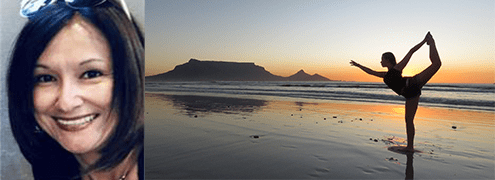Immunity and Community
Our physical well being is rooted in the mind — as directly as water emerges from ice — and managing the mind is a key factor in managing our health. Now that we are faced with monumental stresses, we need monumental support! In this workshop, we will look at how we can help each other manage our minds through community connections.
Use zoom password: 974113
Suggested donation $10 – 25
Swami Divyananda Ma is one of Integral Yoga is senior monastics and foremost teachers. Over the years she has served as the director of the Integral Yoga Institutes in Los Angeles, San Francisco, and Coimbatore, India and as the Ashram Manager of Satchidananda Ashram, Yogaville in Virginia. In addition to teaching at these centers, she has taught Yoga and meditation on special retreats, in corporations and universities, at the Commonwealth Cancer Center and for the Dr. Dean Ornish Heart Disease Programs. For many years she was one of the primary Basic Hatha Yoga teacher trainers at Integral Yoga’s International Headquarters in Yogaville, VA. Swami Divyananda served for eleven years at the Integral Yoga Institute in Coimbatore, South India and led tours throughout South India during that time.

